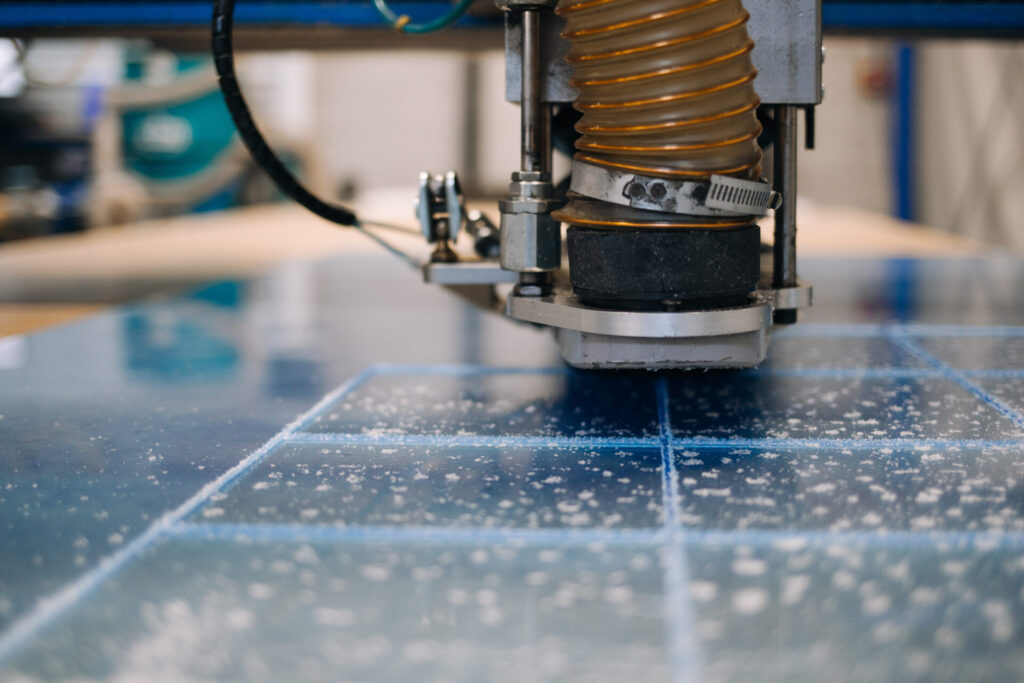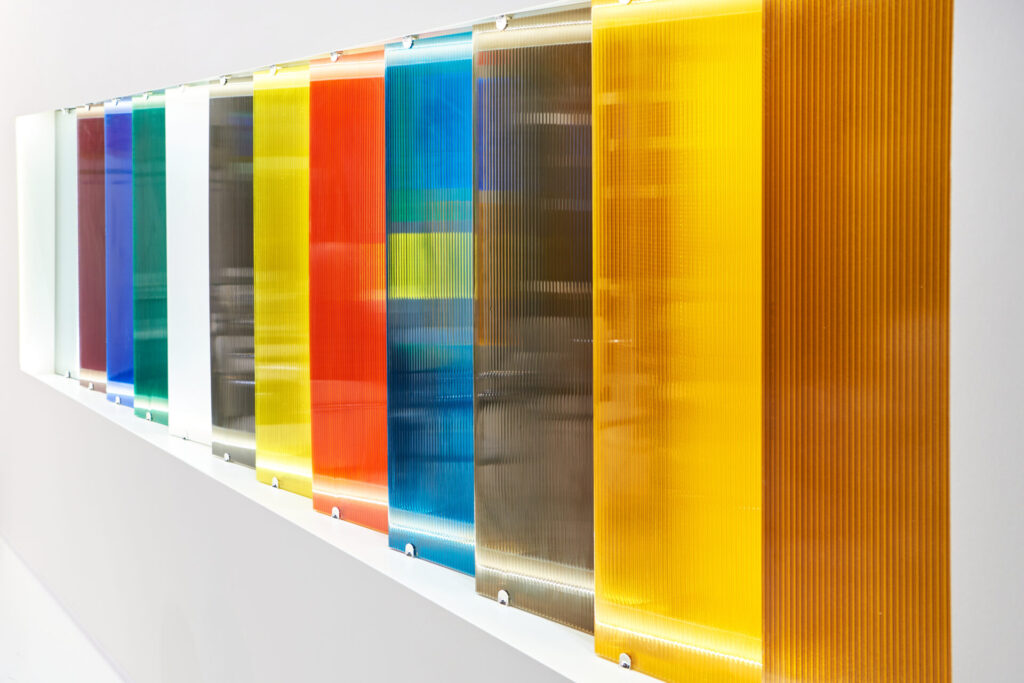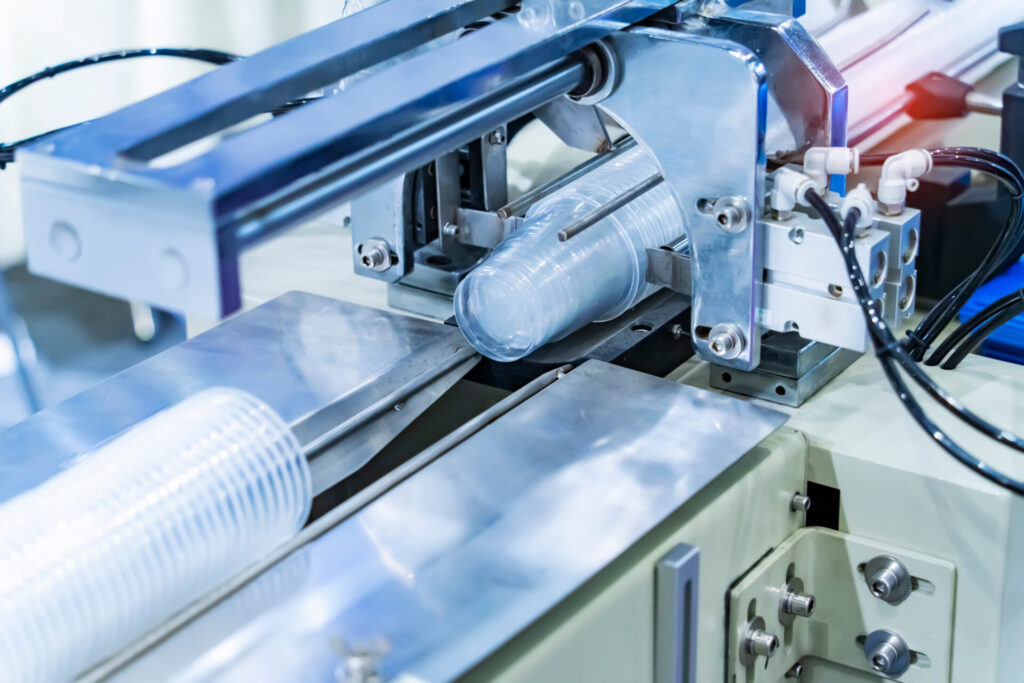In the realm of plastics and polymers, polycarbonate plastic stands out for its remarkable strength, durability, and versatility. This comprehensive guide delves into everything you need to know about polycarbonate plastic, from its uses and safety to comparisons with other materials and its lifespan.
Whether you’re in the market for polycarbonate sheets in Canada, curious about acrylic sheet or plexiglass 4 x 8, we’ve got you covered. Brought to you by Millennium Specialty Alloys, your go-to source for metal in Kelowna and a wide range of plastics including UHMW plastic, PTFE plastic, and more.
What are the Top 5 Strongest Plastics?
While polycarbonate is incredibly strong, especially in terms of impact resistance, materials like UHMW plastic and Teflon sheets also offer exceptional strength in other areas, such as abrasion resistance and chemical stability. The “strongest” plastic depends on the specific requirements of the application, however they can be ranked as follows:
1. Polycarbonate: Renowned for its impact resistance and clarity.
2. UHMW Plastic (Ultra High Molecular Weight Polyethylene): Known for its extreme durability and resistance to wear and tear.
3. Teflon Sheets (PTFE): Offers unmatched resistance to heat and chemicals.
4. Polypropylene Plastic: Distinguished by its flexibility and fatigue resistance.
5. Acrylic: Noted for its stiffness, transparency, and UV resistance.
Is Polycarbonate Plastic Safe?
Yes, polycarbonate plastic is safe for various applications, including food contact and medical devices. It is BPA-free and can withstand high temperatures, making it a preferred choice for many industries. However, it’s always important to ensure that the specific type of polycarbonate plastic you’re using is appropriate for your intended application.
What is Polycarbonate Plastic Used In?
Polycarbonate plastic is a versatile material used in a wide array of applications, including:
- Bulletproof windows: Its impact resistance is unparalleled.
- Eyewear lenses: Offers clarity and durability.
- Greenhouses: Provides UV protection while allowing light transmission.
- Electronic components: Known for its electrical insulation properties.
- Automotive parts: Used for its strength and lightweight nature.
How Long Does Polycarbonate Plastic Last?
Polycarbonate plastic is known for its longevity, often lasting 10 to 20 years with proper care and maintenance. Its lifespan can be extended by applying UV-resistant coatings and avoiding harsh chemicals that might cause degradation.
What is the Problem with Polycarbonate Plastic?
The primary challenge with polycarbonate plastic is its susceptibility to scratches and its cost compared to alternatives like acrylic and plexiglass. However, its benefits often outweigh these drawbacks, especially in applications where strength and durability are paramount.
Is Polycarbonate the Same as Plexiglass?
No, polycarbonate and plexiglass (acrylic) are different materials. Polycarbonate is more impact-resistant and can withstand higher temperatures, while plexiglass offers better clarity, is more scratch resistant, and is more cost-effective. Choosing between them depends on the specific needs of your project.
We’re Hiring: Inside Salesperson
Millennium Specialty Alloys is on the lookout for an Inside Salesperson to join our team in Kelowna. If you’re passionate about working with metals such as aluminum and a vast array of plastics, we’d love to hear from you. Visit our careers page for more information on how to apply.
At Millennium Specialty Alloys, we pride ourselves on providing high-quality materials, including polycarbonate sheets, acrylic, Teflon sheets, and UHMW plastic, among others. Whether you’re in the market for industrial plastic, or curious about the differences between polycarbonate and plexiglass, we have the expertise and inventory to meet your needs. Explore our products or contact us today to learn more about how we can assist with your next project.


